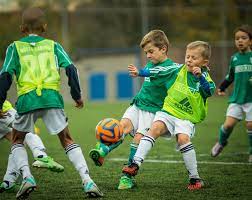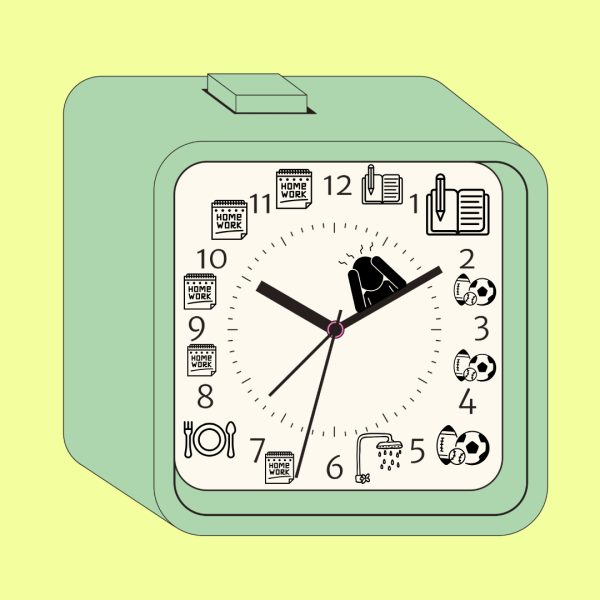Sports Specialization Is Not As “Special” As It Seems
In previous years, the expectation that a child plays one sport year-round was nonexistent. Parents wanted their children to play different sports, encouraging the idea of getting exercise and improving their skills, but also having fun. Nowadays, though, the aspect of sports being a source of pure entertainment for children is seldom talked about, all thanks to parents pressuring their kids to take part in sports specialization. And while it may seem like specializing in one sport only requires only a little more effort from an athlete, it can end up having serious long-term consequences on their mobility and mental health.
The term “sports specialization” refers to a young athlete taking part or practicing one sport for the entire year. These athletes range anywhere from 18 years of age or younger, who practice for hours per day trying to improve their abilities. The real trouble, however, revolves around the much younger athletes that still have rapidly developing brains and bodies. Because they are still growing, children are significantly more susceptible to severe chronic or acute injuries, which can have lasting effects on their range of motion.
Oftentimes, the decision for children who have not reached their teenage years to specialize in a sport is made by their parents. Parents burden their kids with expectations that amount to their kid being one of the best athletes at a sport, but the reality is that the chances of that happening are very unlikely. Consequently, children feel the need to practice and workout to achieve the expectations set by their parents, with the end result being a fruitless attempt that leaves them trying to reach goals set by someone other than themselves. The feeling of falling short of a goal can be devastating, and for children, that feeling is arguably even more amplified. Spending hours upon hours each day with one goal in mind and not reaching that is the demoralizing reality that many kids that take this route face. Ultimately, sports specialization drains most of the fun and excitement that sports aim to bring and, instead, fills an athlete’s life with stress and pressure to succeed.
Aside from the mental burden that it puts on youth athletes, sports specialization puts athletes’ physical health at severe risk. Playing the same sport year-round utilizes the same movements, which can end up wearing down the muscles that perform those movements. These injuries, known as “overuse” injuries, are serious chronic developments that can slowly deteriorate the mobility of certain muscles, and can greatly hinder one’s range of movement. According to the National Library of Medicine, athletes 13 years of age or younger who specialize in a sport are 16% more likely to report a lengthy history of injuries, and require almost triple the time to recover from a specific injury– approximately 15 weeks versus 5 weeks.
Applying all this pressure to kids who have no idea how to handle it, coupled with the risk of serious injury, is an extremely poor position to put a child in, given that these young athletes are at the age where they are unable to decide for themselves. Instead of throwing such a burden on these children through the dedication to one sport, parents should encourage their children to participate in multiple sports. If parents were able to embrace a multiple-sport lifestyle for their kids, they and their children would feel a lot less tension, and be able to take out joy from these fleeting experiences.

Liam McDonough, class of 2023, is the Opinion Editor for the Searchlight. At Walpole High School, he is a member of the National Honor Society. In...












